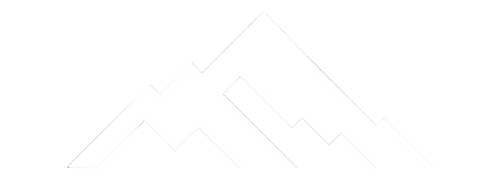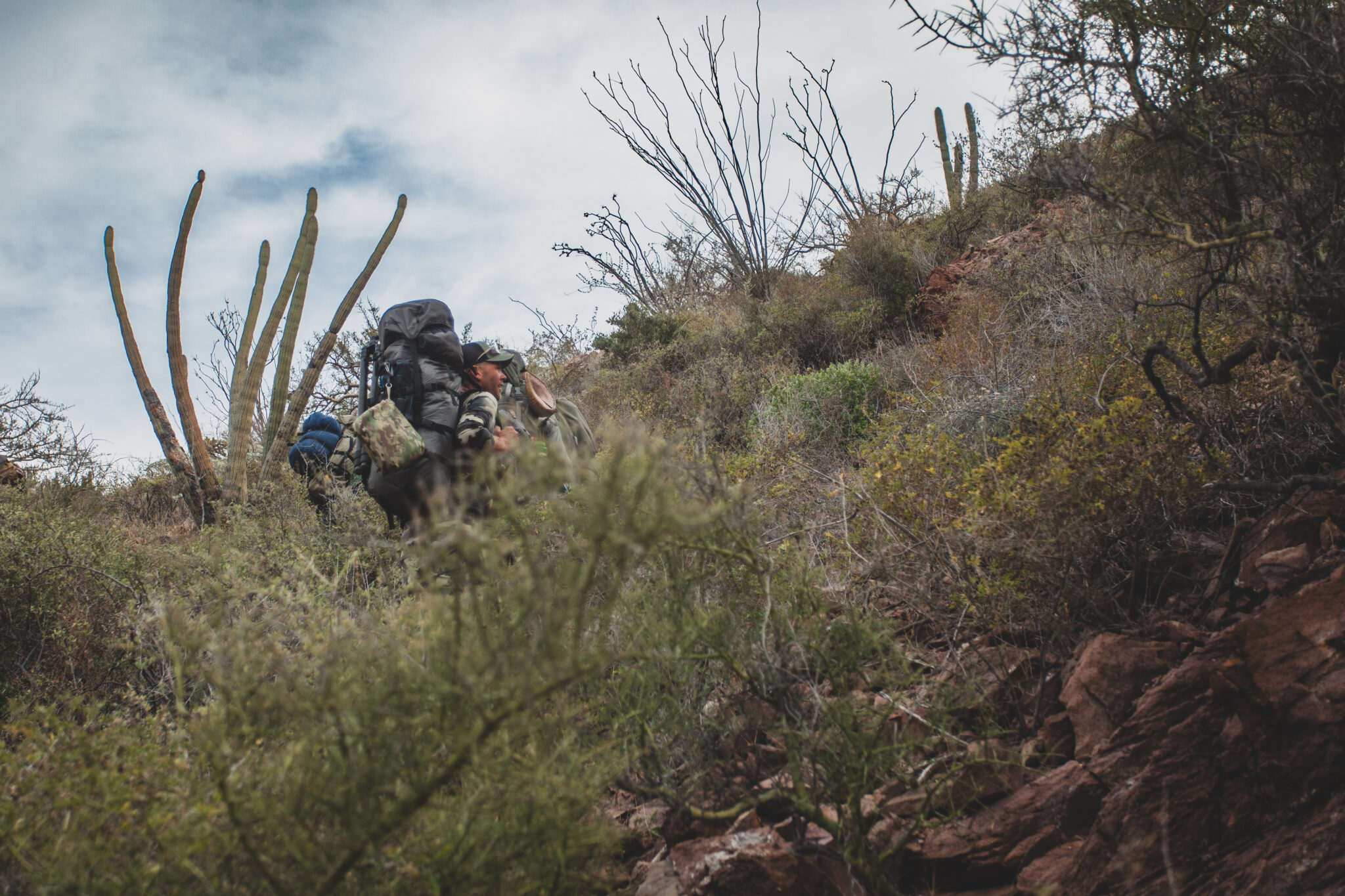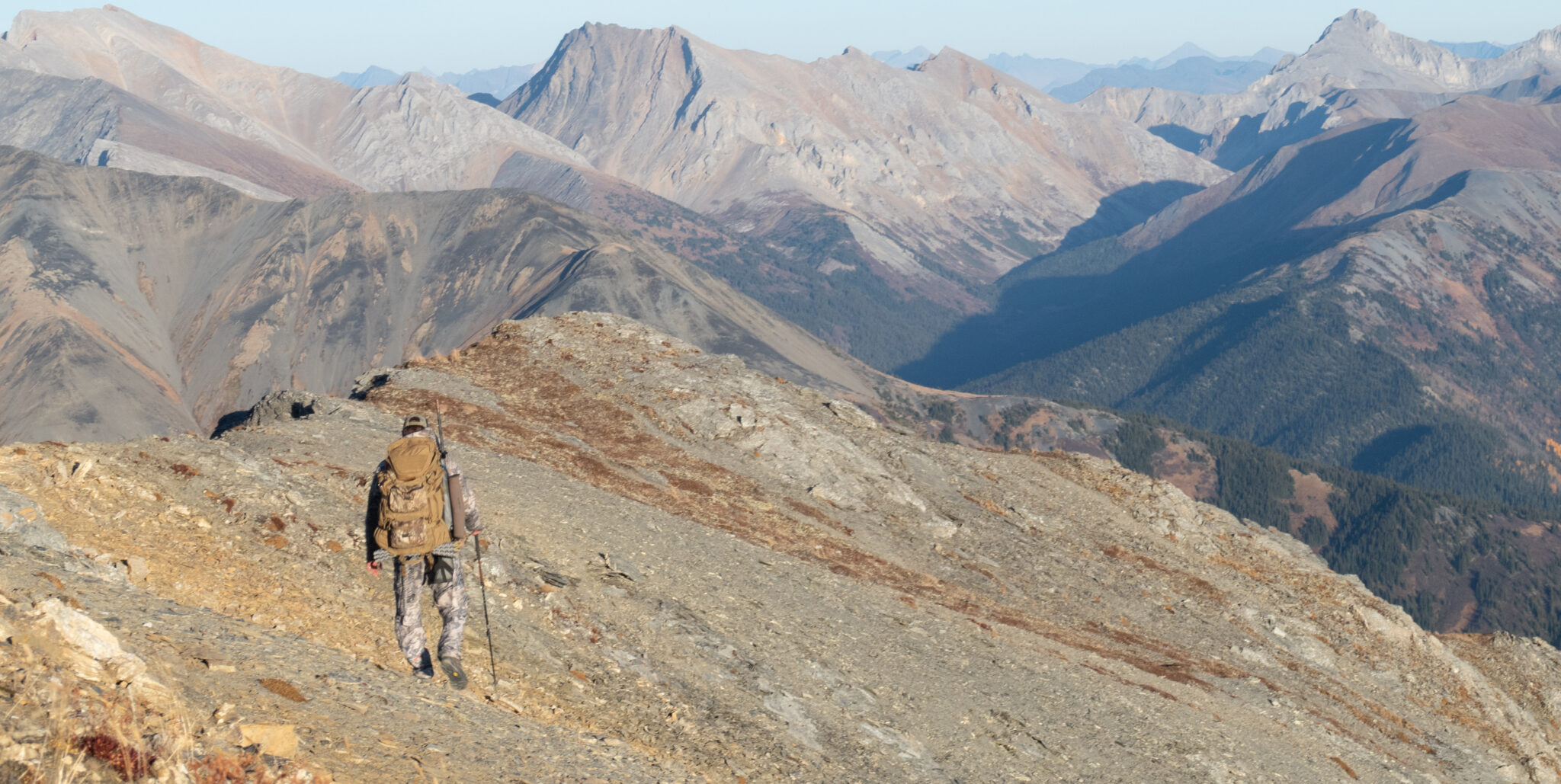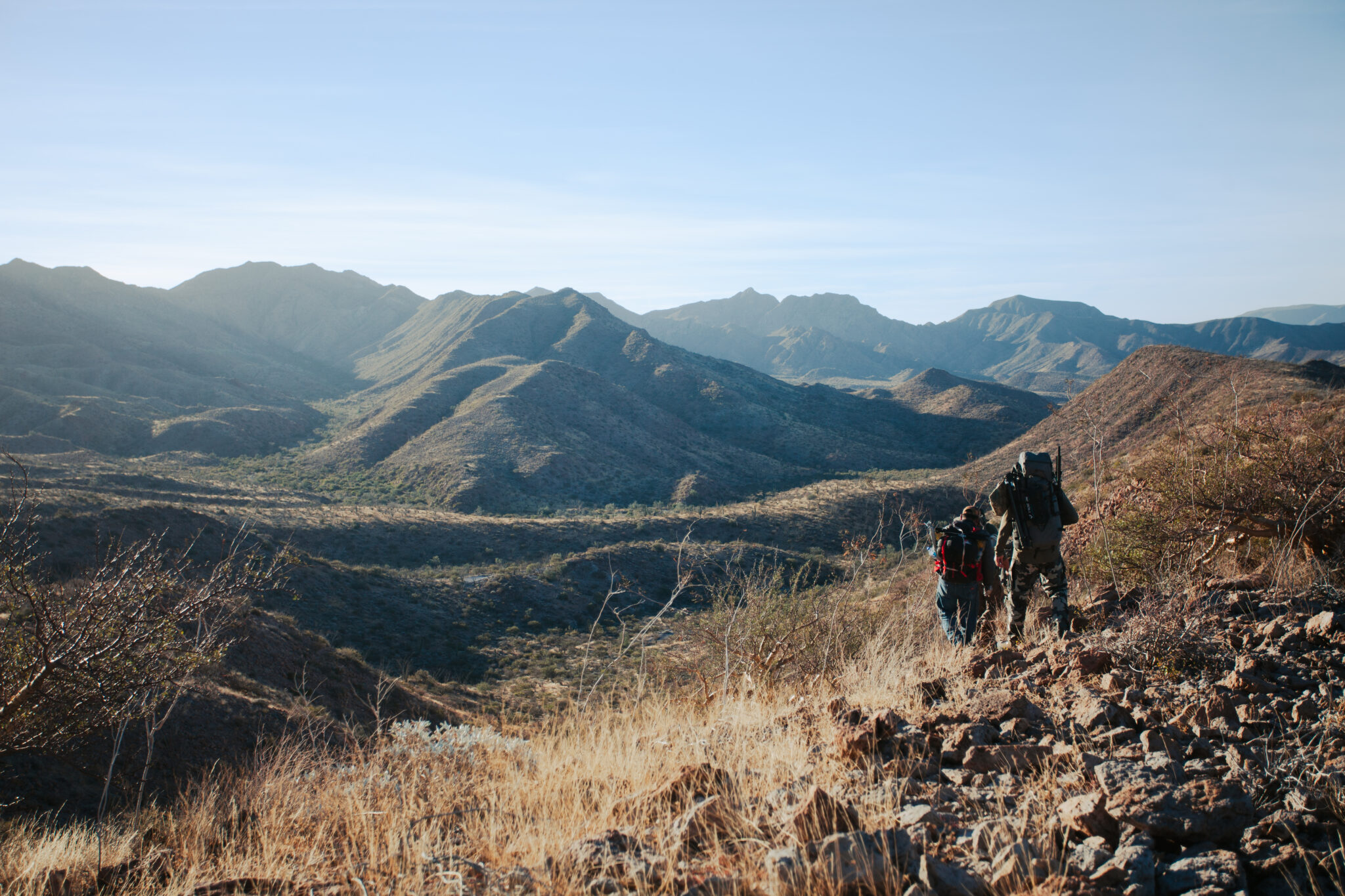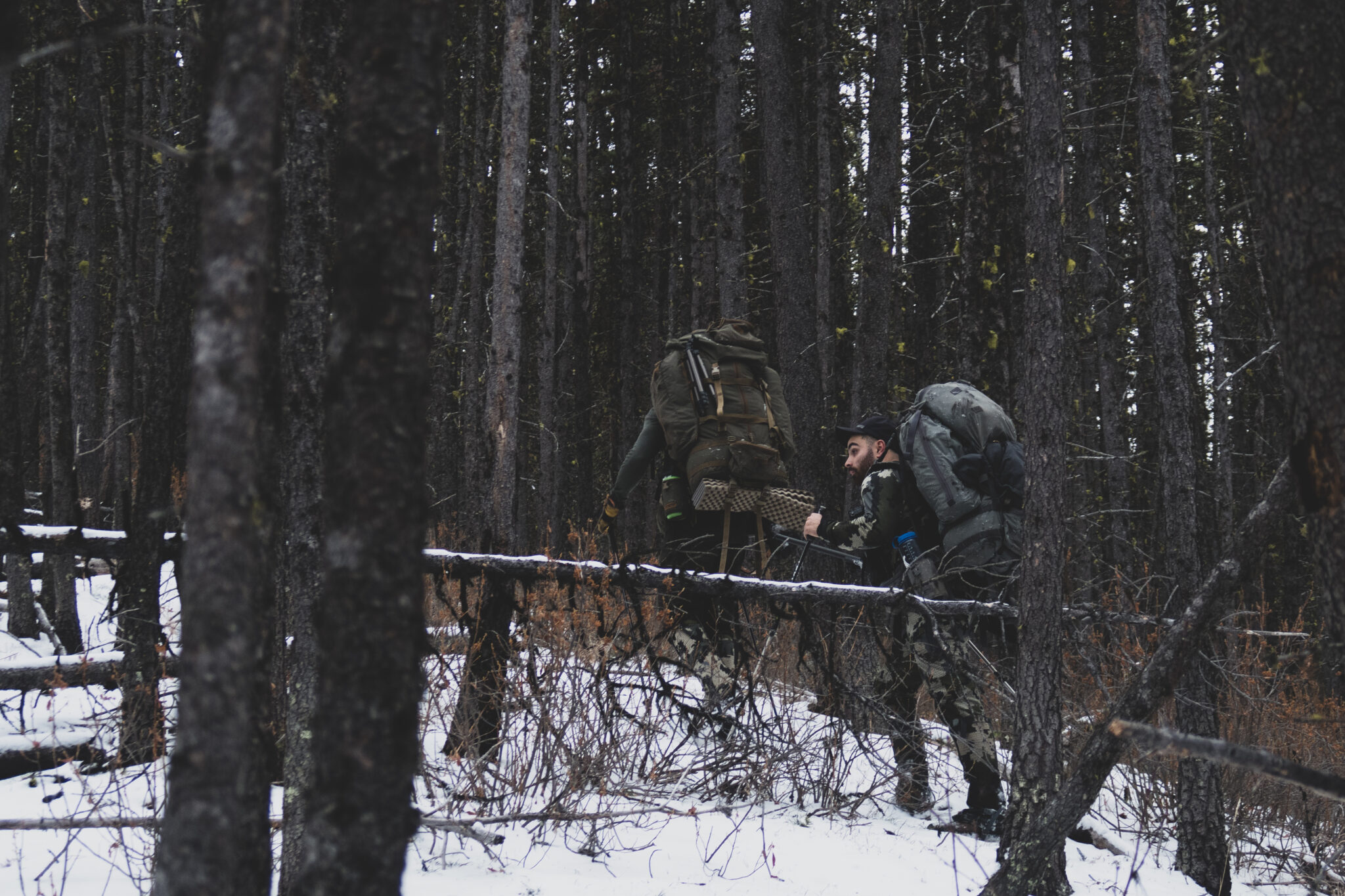There are a lot of people in the hunting community that roll their eyes when the topic of hunting fitness is brought up.
I get it. There are countless hunters roaming the mountains that couldn’t be called fit by most definitions yet consistently put animals down and meat in the freezer.
Further, there are even more people that are plenty fit but consistently finish the season with a stack of unfilled tags in their pockets.
So, does being fit make you a better hunter? Well, it’s undeniable that it won’t hurt your chances but, in my opinion, that’s actually not the right question to ask. As the saying goes, better questions lead to better answers.
When it comes to fitness, the question that matters most is, how does being fit (or not) impact your chances of achieving whatever goal or goals you’ve set for yourself this hunting season?
Answering this question starts with a ruthless self-assessment of where you are as a hunter, and I mean in totality. This includes your fitness, shooting skills, calling skills, glassing skills, species knowledge, environmental experience, gear, and probably most importantly, how much time you can devote to your hunts and hunt prep.
And let’s be clear, time is the most valuable commodity you own. How you choose to allocate your time massively impacts the odds of achieving your goals.
Unless hunting is part of your job, you almost certainly have a ton of other demands on your time that have nothing to do with hunting. There are only so many hours in a week and you will have to make choices. Choose wisely.
Therefore, in regards to fitness, or for that matter, any other aspect of your hunting preparation, are you allocating the appropriate amount of time to the factor (or factors) that have the highest odds of positively impacting the outcome you’re looking for.
Let me unpack that with some examples.
If you live in a place that allows you to hunt the same area year in and year out, and you, therefore, have a deep understanding of the habits, patterns, and environmental factors that result in regular shot opportunities, yet your shooting skills are limiting your ability to make good on those opportunities, you would be better served to devote more time to practicing with your chosen weapon, especially in field applicable scenarios.
Take a precision shooting course or join a 3D league or attend a 3D event. You can obviously get to where the animals are and you’re getting opportunities, you just can’t make tough shots when it counts. Fitness doesn’t have to sit as high on your priority list.
If, on the other hand, you live in a place that requires you to travel to hunt, often to new areas, and you’re highly proficient with your weapon of choice but have to spend the first few days of every hunting trip covering ground to figure out the habits, patterns, and environmental factors that will afford you the opportunity to use that weapon, then fitness should be a high priority.
Being fitter will maximize your ability to cover as much ground as possible in as little time as possible so you can learn the area and get that opportunity to actually use those shooting skills. You might be able to stack arrows at 100 yards, or shoot sub-MOA groups at 500 yards but, if you never see an animal, who gives a shit.
I know these are obvious and simplistic examples but, the point is, are you spending the appropriate amount of time focusing on the factor or factors that stand to produce the biggest gains.
We all fall into the trap of spending more time doing the things we like to do or, even worse, doubling down on the things we’re already good at. Don’t get me wrong, there’s a time and a place for that approach but, odds are you have gaps in your hunting skills, knowledge, or fitness that should be re-assessed and re-prioritized every year.
Don’t spend hour after hour at the range or 3D course every week making marginal gains when you know deep down you weren’t as fit as you needed to be last season. Re-allocate some time to training.
Conversely, don’t add another workout to your weekly routine, eating up hours of scarce free time, when you really need to work on your elk calling or sheep aging.
Use your limited time wisely. Be ruthless in assessing where you’re falling short. Tackle those deficiencies aggressively. If most of your hunting skills are where they need to be but fitness is one of those areas where you need to improve, then yes, it will make you a better hunter.
If this is the season to prioritize and improve your fitness, be smart about it. Don’t wait until you’re 90 or 60 days out from your hunt to start training. As I wrote last year, Don’t Be That Guy (or Gal). There simply aren’t any excuses. We have a free training program available so, you can’t even say cost is a barrier.
If you’re truly committed, or more importantly, need the extra accountability of putting some money on the line, join the BTK Mountain Hunter program. The app is easy to use, provides video demos of every exercise, and is affordable and effective.
Most importantly, it’s purpose-built for mountain and backcountry hunting. Unlike many other programs in the hunting fitness space, we didn’t just repackage CrossFit workouts and call it a backcountry hunter’s program. Again, spend your time wisely.
CrossFit or similar high-intensity focused approaches can be a key component of a well-rounded long-term training program but it can’t be all you do. Trust us. Every year, we hear from people that tried this and found out the hard way they weren’t nearly as ready as they should have been. They burned valuable time following the wrong program.
Strength, durability, terrain adaptability, and endurance are the name of the game. Simple but not easy. It takes commitment, focus, and a willingness to train smart, not just hard.
So, does being fit make you a better hunter? I hope that after reading this, you can answer that question for yourself.
